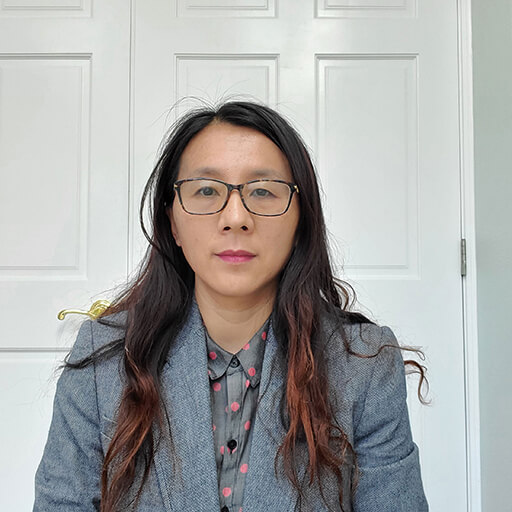Understanding Alterations in an Early Experimental Glaucoma Model

Principal Investigator
Hongli Yang, PhD
Good Samaritan Foundation, Legacy Health System
Portland, OR, USA
About the Research Project
Program
Award Type
Standard
Award Amount
$199,992
Active Dates
July 01, 2022 - June 30, 2025
Grant ID
G2022008S
Co-Principal Investigator(s)
Goals
Our goal is to identify the cellular and molecular alterations underlying optical coherence tomography early structural change in a non-human primate experimental glaucoma (EG) model.
Summary
In Aim 1, we will compare protein expression changes within 30-degree optical coherence tomography (OCT) optic nerve head (ONH) sectors demonstrating 30% nerve fiber thickness loss in glaucoma vs control eyes. In Aim 2, will colocalize immunohistochemistry section to a virtual OCT B-scan generated from high-resolution isotropic OCT ONH data set. We will compare the longitudinal OCT deep ONH structural and reflectance intensity changes from baseline to protein expression alterations at equivalent locations in the EG versus control eyes.
Unique and Innovative
Our strategies to colocalize immunostained sections to nerve fiber layer loss detected by optical coherence tomography (OCT) and colocalize these sections to OCT structural and intensity change within a best-matched virtual OCT B-scan are innovative. Previous studies have looked at global measures by immunohistochemistry that do not account for the focal nature of glaucomatous damage. By colocalization, we aim to examine changes in sectors that have not yet shown significant OCT thinning, allowing us to investigate cellular alterations across a range of disease stages within the same eye.
Foreseeable Benefits
The translational importance of this work will be two-fold. First, it will provide strong support and perhaps mechanistic direction for the treatment of early OCT-detected structural change in human eyes at risk for developing glaucoma such as those with suspicious optic discs or ocular hypertension. Second, it will advance our understanding of early glaucoma pathophysiologic mechanisms and in so doing foster ONH-targeted neuroprotective interventions designed to stabilize or reverse the neuropathy of glaucoma early in its course.
Related Grants
National Glaucoma Research
Mitochondria in Retinal Ganglion Cells
Active Dates
July 01, 2025 - June 30, 2027

Principal Investigator
Rob Nickells, PhD
Current Organization
University of Wisconsin-Madison
National Glaucoma Research
Role of a Key Gene, Angptl7, in Steroid-Induced Glaucoma
Active Dates
July 01, 2025 - June 30, 2027

Principal Investigator
W. Daniel Stamer, PhD
Current Organization
Duke University
National Glaucoma Research
Assessment of Vascular Resistance in Glaucoma
Active Dates
July 01, 2025 - June 30, 2027

Principal Investigator
Brad Fortune, OD, PhD
Current Organization
Legacy Devers Eye Institute



